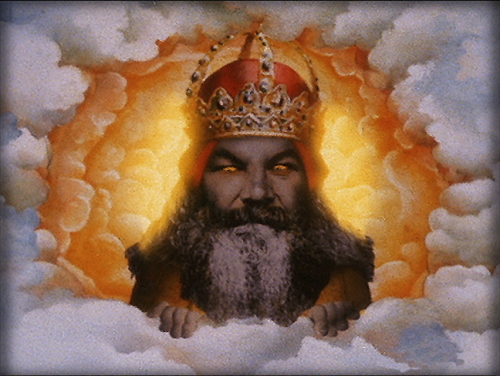Prophecy-Circumstantial (Psalm 22, Isaiah 53, Dan 2:44, Mt 12:40, Jn 10:18, Mk 8:31, etc)
There are many different forms of evidence. The OT prophecies concerning Jesus' death and resurrection, as well as Jesus' own prophecies that he would die and raise again are all forms of circumstantial evidence. Circumstantial evidence is evidence that is suggestive of a specific thing, but it is not proof of the event itself.
These prophecies suggest that Jesus would die on a cross and live again later. Again, this does not prove it happened, but it is a building block for the case.
We Know Jesus Died (Mk 15:16-41, Jn 19:1-37, etc)
Because the Bible is historically reliable, we know that Jesus actually died on the Cross. He suffered through 39 lashes from a Roman whip, was beaten, forced to carry his cross beam, hung on the cross, stabbed with a spear into the heart. The Romans were excellent killing machines, they knew when people died and there is no reason to believe Jesus did not die.
Jesus' Tomb was Known (Jn 19:38-42, etc)
Jesus was buried in a place where everyone knew. He was buried in a rich man's family tomb, sealed in it, and a guard was placed outside. This is a very important fact, because it means the if Jesus' body was still in the tomb, everyone would know where it was and be able to show it to the people, when the disciples claimed he had risen again.
People Saw Jesus Alive Again After He Died (Jn 20:11-18, Lk 24:34, Jn 21, Mt 28:16-20, 1 Cor 15:3-7, etc.)
 The most important thing to remember here, is that the people who claimed to have seen Jesus alive again, were not in the frame of mind to make a story like this up. The disciples had just seen their Lord executed, and had then hidden for fear of persecution. These men are not likely to make the story up (because then people just show the body is in the tomb), steal the body (they were afraid already), or hallucinate (hallucinations are not group events). Instead they experienced something that made them tell everyone that the man who was dead was alive again.
The most important thing to remember here, is that the people who claimed to have seen Jesus alive again, were not in the frame of mind to make a story like this up. The disciples had just seen their Lord executed, and had then hidden for fear of persecution. These men are not likely to make the story up (because then people just show the body is in the tomb), steal the body (they were afraid already), or hallucinate (hallucinations are not group events). Instead they experienced something that made them tell everyone that the man who was dead was alive again.Not only the disciples, but two enemies of the gospel claimed to see Christ as well. Saul (a persecutor of Christians) claimed to see Christ a couple years later, and James (the unbelieving brother of Christ) claimed to have seen him as well. The hardest people to convince of any event are the enemies. To convince Saul and James is very telling evidence.
Conclusion
So, what we know is this. At point "A" Jesus was alive. At point "B" Jesus is dead and buried in a known tomb. At point "C" he is seen alive again, and no one produced his body afterward.
The Resurrection is the only explanation that fits these known events. The other theories somehow miss on at least one of these points.
Praise the Lord, He is Risen, He is Risen Indeed.




